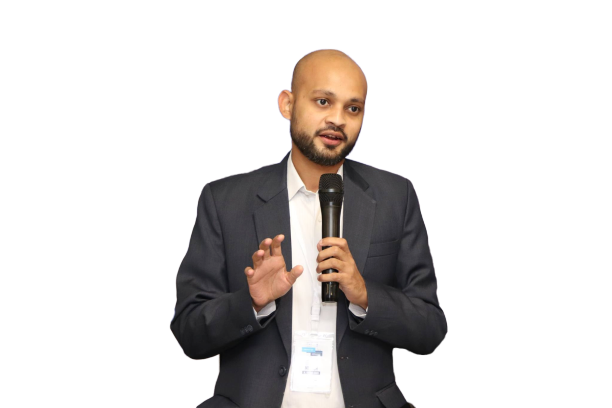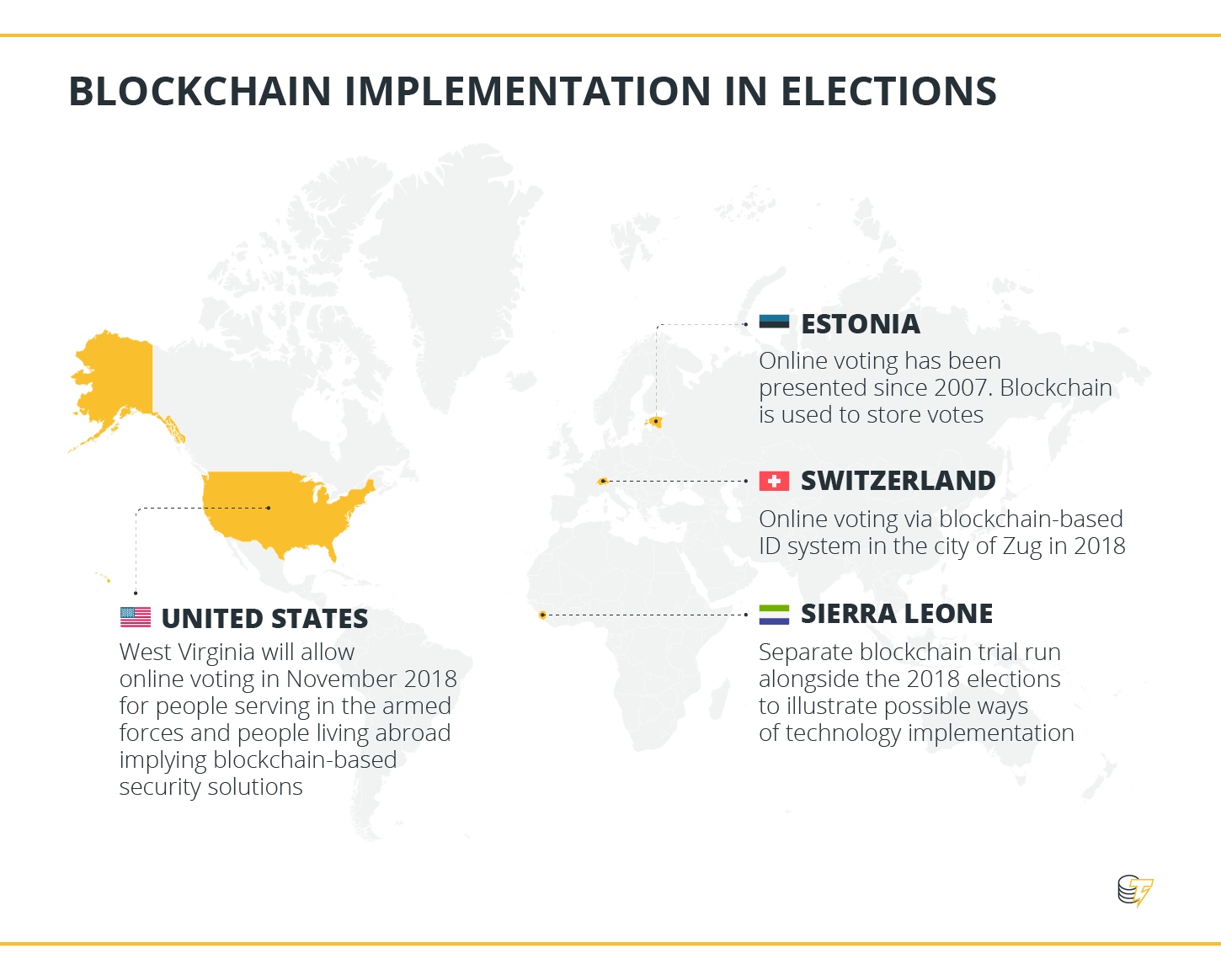
By Muhammad Ahsan Khan
Blockchain has the potential to conduct elections and make the voting process secure, transparent, trustable, free, fair and foolproof. I call it bVoting – Blockchain based Voting. Blockchain Technology is the cornerstone of a decentralization strategy. It has the ability to transform our lives. This technology impacts almost every industry; i.e. Finance, Law, Government, Energy, Healthcare, etc. Its characteristics are P2P (peer-to-peer), decentralized, distributed, cryptographically secured, append only, immutable and based on consensus/agreement between peers
• Blockchain solves trust problem?—?It enables two or more mutually distrusting parties to transact with each other without the need to establish trust and a trusted third party (Revolution).
• Provides a paradigm that doesn’t require trust to be established to conduct transactions.
• From a computer science perspective it is a solution to byzantine general’s problem.
• Improvements such as cost saving, security and transparency.
Various features of Blockchain exist, including distributed consensus, transaction verification, smart contracts, transfer of value between peers, smart property, immortality and uniqueness.
The use of Blockchain in the public sector reached another milestone in May 2018 when West Virginia became the first U.S. state to allow internet voting by Blockchain in primary elections. While the voter participation through this platform estimated to be small, the intention of the administrators was to test the technology in a pilot project with no immediate plans to implement it at a larger scale.
In 2016 elections, Democrats and Republicans questioned the security of the voting system. The Green Party called for a recount in Wisconsin, Pennsylvania, and Michigan.
The bVoting (Blockchain based Voting) ledger would prevent those issues when voting proceeds on the Blockchain. Citizens can confirm that their votes were counted and confirm whom they voted for. The system saves money for the government too, makes voting easy, transparent, secure and opened.
Blockchain makes Elections free and fair too and creates some vested responsibility such that Smart contracts can ensure that electorates can be elected by the people for the people so that government is what it’s meant to be. The contracts specify the electorate’s expectations and electors will get paid only once they do what the electorate demanded rather than what funders desired.

B-voting: Follow My Vote develops a platform for online voting based on Blockchain technology that uses elliptic curve cryptography to ensure the accuracy and reliability results.
The Voatz system uses biometric authentication to identify individual users before allowing them to mark an electronic ballot, and the votes are then recorded in a private Blockchain. The company says that in a general election pilot, its system will use eight “verified validating nodes,” or computers (all controlled by the company) that algorithmically check that the data is valid before adding it to the chain.
Credits platform can provide the necessary tools to ensure Blockchain-based communication between citizens and the state. All operations can be carried out using smart contracts and CS currency.
Kaspersky Lab Business Incubator developed an Ethereum blockchain-based voting platform called Polys, which uses smart contracts, and allows ballot verification and tallies. To be performed in a decentralized manner through the participation on the network. Hacking is impossible, as it requires compromising every other nodes in the network.
Technologies implemented on the platform are able to provide the safest and convenient environment for data storage, processing and transfer. Using the tools of the distributed ledger, smart contracts and crypto-currencies will significantly reduce bureaucracy, exclude hard copy paperwork, minimize transaction costs, fully control officials and fight corruption. A unified ecosystem will increase the degree of citizens’ trust in their government.
We just need to create awareness among the government officials and nationals. We need to build the technological capabilities for making possible a Blockchain technology-driven, transparent electoral process. It will change so many things in Developing Countries.
Muhammad Ahsan Khan is a Pakistani Blockchain Evangelist, Entrepreneur, Writer, Researcher, Cryptocurrency Proponent, Advisor, Consultant, Coder and Trainer
If you would like to have your company featured in the Irish Tech News Business Showcase, get in contact with us at [email protected] or on Twitter: @SimonCocking



Be the first to comment